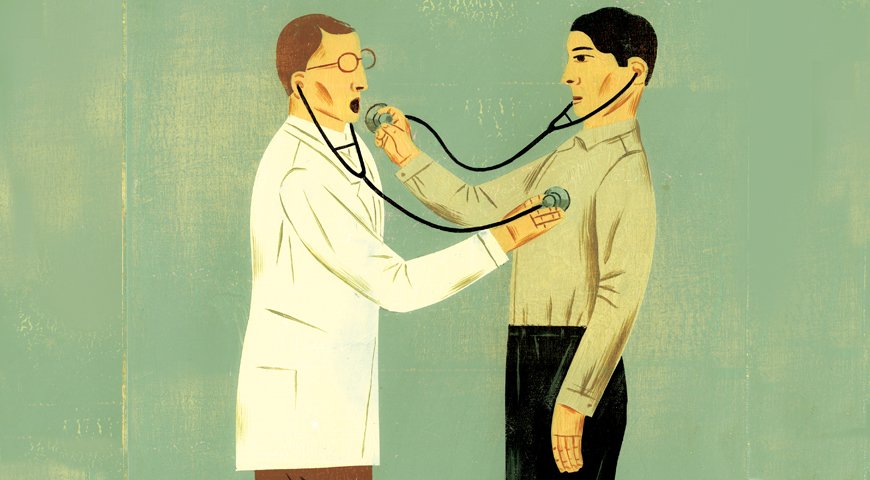I’ve been scrambling to find a good doctor. The rush was triggered by the career change of a great internist in my community. At age 43, she’s closing her practice to take a new position as chief medical officer in a tech start-up. Her absence will mean that a lot of my neighbors will need a new doctor—but only a handful of local practitioners are taking new patients.
This is a small tragedy, as a good internist or family practitioner is the cornerstone of effective healthcare. These professionals are the quarterback, quality judge and defender of your health. They provide the continuity of care needed to keep a small problem, such as hypertension, from creating a big problem, such as a stroke. Their loyalty to you transcends the fiscal conflict of interest so prevalent in our system; they protect you from unnecessary tests and procedures, but are open-minded and current in their knowledge of what resources really make a difference. Most importantly, they make the time to listen, and any good doctor will tell you that 90 percent of a diagnosis lies in what the patient tells him or her. In the age of seven-minute medicine, this incredibly efficient path to diagnosis has been all but lost.

Finding a great doctor requires legwork. Most top doctors don’t advertise, so your first and most reliable resource is the opinion of friends, neighbors and nurses and doctors you know. Of the latter, surgeons are particularly informed; they depend on the best internists to both clear patients for surgery and care for the occasional complication afterward. Emergency room doctors and nurses are also good sources of referrals, as they know every physician on staff and are well positioned to observe their competence and interpersonal skills.
Once you have a few candidates, you’ll want to verify that they are board-certified and have no disciplinary actions against them. Many people will avoid doctors who have been sued, even if unsuccessfully so, but malpractice suits, particularly in litigious areas such as obstetrics, should not be automatic cause for rejection. A quick way to access this kind of information is through one of the myriad doctor-rating services available online. Most sites feature the doctor’s qualifications and patient reviews. Read them with caution, as the reviews may be deliberately misleading. My staff has been impressed by HealthGrades.com, which is good for finding prior disciplinary actions, and ZocDoc.com, which is good for short-notice appointment scheduling. For its “Top Doctors” database, Castle Connolly (castleconnolly.com) collects the opinions of doctors about other doctors and then lists the winners. It is generally very good, though the process can be manipulated. Any web-based information should be subject to the old maxim, “Trust, but verify.”
Concierge medical practices are another valuable resource for finding doctors. This area of medicine is growing fast, but again, there is little oversight of individual practices. A good immediate resource is the American Academy of Private Physicians (aapp.org), a national listing of individual physician concierge-style practices.

For an immediate fix, I like the national chain MDVIP.com, whose patients undergo an executive-style annual exam that includes a battery of tests aimed at supporting wellness while identifying latent points of risk. It’s still early, but the existing data demonstrate that this formal approach to wellness pays off in longevity.
Good doctors are hard to find, so press on until you feel 100 percent certain about your choice. When you think you’ve found one, think even more seriously about how well you communicate with him or her. You are seeking an enduring relationship; If you’re not feeling the love, look elsewhere.








